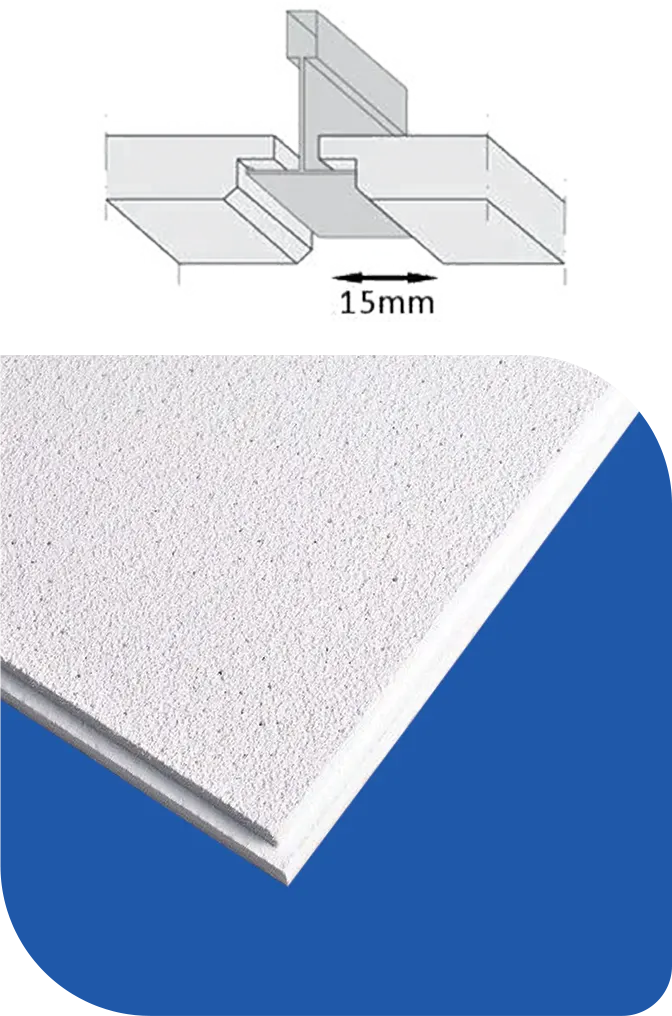Mineral Fibre Tiles
Mineral Fiber Ceiling Tiles are high quality Interior Decorative material for suspended Ceilings. Best for thermal insulation, acoustic insulation, indoor decoration.
It is used for laying on the structure of suspended ceiling.
Pin Hole Mineral Fibre Tiles
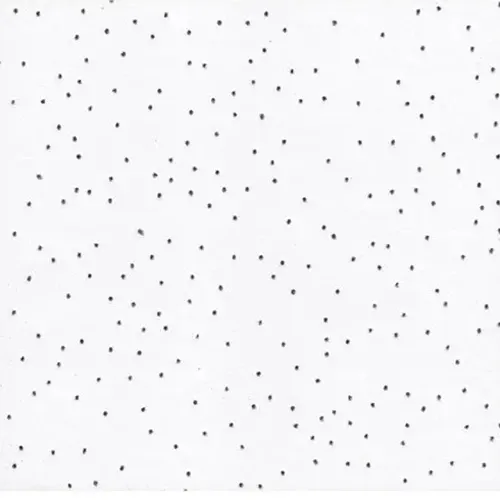
Fine Fissured Mineral Fibre Tiles
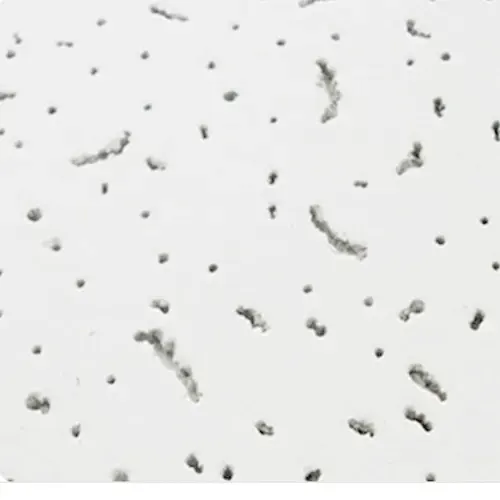
Sand Mineral Fibre Tiles
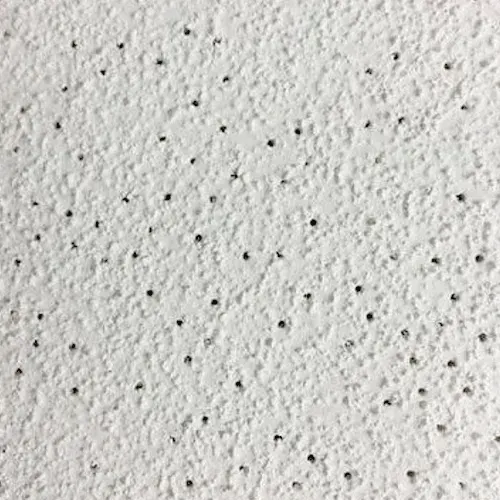
Types of Edges
Square Edge
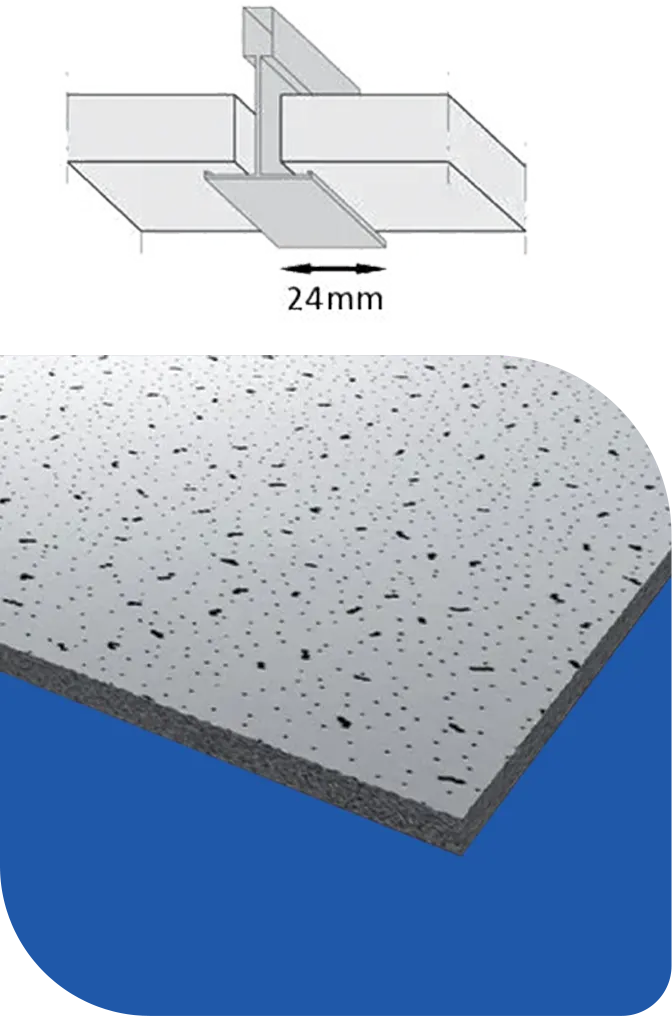
Tegular Edge
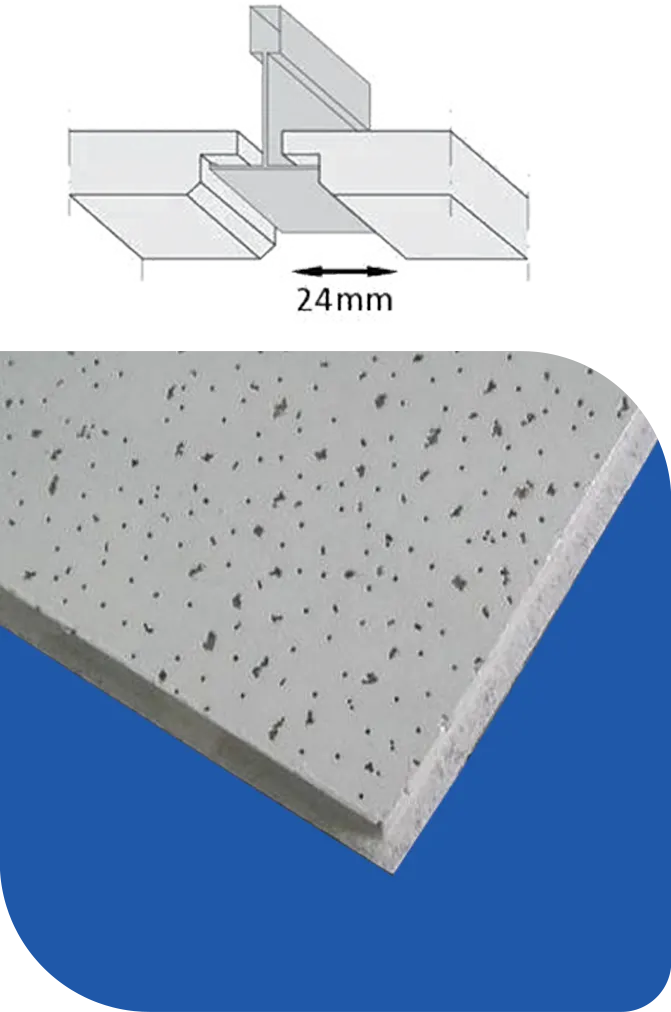
Microlook Edge
